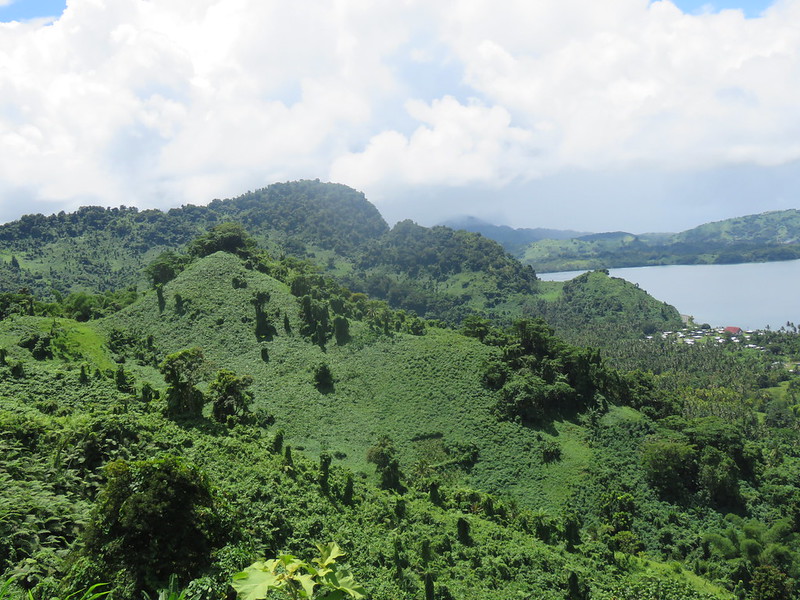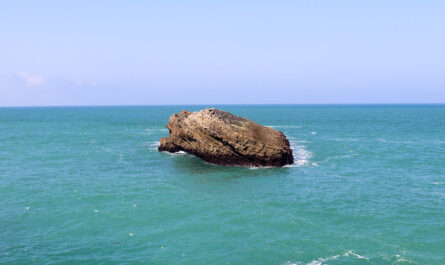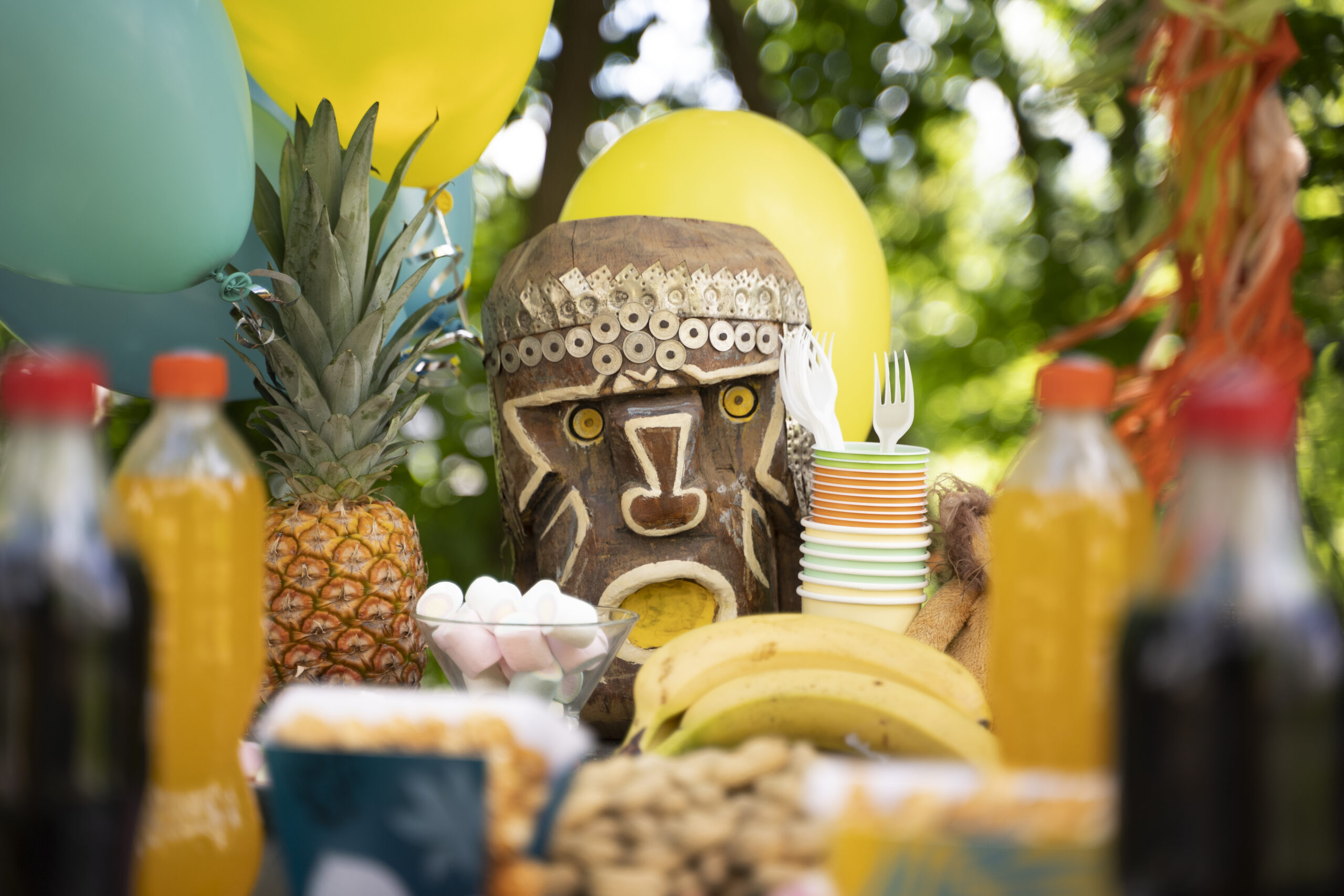Vanua Levu, the second-largest island in Fiji, offers travelers a unique escape into pristine natural landscapes, vibrant marine ecosystems, and authentic cultural experiences. While its neighboring island, Viti Levu, is a bustling hub of tourism, Vanua Levu remains relatively untouched, making it a haven for eco-tourism enthusiasts seeking an off-the-beaten-path adventure.
This hidden gem is more than just a tropical paradise. It embodies the principles of sustainable travel, providing visitors with opportunities to connect with nature and contribute to conservation efforts. From coral reefs teeming with marine life to lush rainforests and welcoming villages, Vanua Levu invites you to experience its beauty responsibly.
1. The Unique Geography of Vanua Levu
A Diverse Landscape
Vanua Levu’s geography is a mesmerizing blend of volcanic peaks, dense rainforests, and calm lagoons. The island is surrounded by coral reefs that form natural barriers, creating shallow, crystal-clear waters ideal for snorkeling and kayaking.
The town of Savusavu, located on the island’s southern coast, is often referred to as Fiji’s “hidden paradise.” With its geothermal hot springs, serene harbor, and thriving marine life, Savusavu is a gateway to the island’s eco-tourism offerings.
Marine Wonders
The reefs around Vanua Levu, including the famed Rainbow Reef and the Namena Marine Reserve, are biodiversity hotspots. These underwater havens attract divers and marine biologists from around the world, eager to explore the vibrant coral gardens and interact with species such as reef sharks, manta rays, and sea turtles.
Rainforests and Waterfalls
Inland, Vanua Levu’s rainforests are home to an abundance of flora and fauna, some of which are found only in Fiji. Visitors can explore hiking trails that lead to cascading waterfalls like Vuadomo Waterfall, where they can cool off in natural pools surrounded by lush greenery.
2. Eco-Tourism in Action
Vanua Levu stands out as a pioneer of eco-tourism in Fiji, with numerous initiatives that protect its environment while empowering local communities.
Eco-Friendly Accommodations
Many resorts and lodges on Vanua Levu prioritize sustainability. Some notable examples include:
- Jean-Michel Cousteau Resort: This eco-resort emphasizes environmental stewardship through coral reef conservation, mangrove restoration, and educational programs for guests.
- Koro Sun Resort: Nestled in a tropical rainforest, this resort operates sustainably by using local resources, minimizing waste, and offering eco-friendly activities.
Marine Conservation
The Namena Marine Reserve, located off the southern coast, is a protected area that exemplifies successful marine conservation. The reserve is home to hundreds of fish and coral species, providing a sanctuary for marine life while generating income for local communities through sustainable tourism.
Community-Based Tourism
Villages on Vanua Levu actively participate in eco-tourism by hosting cultural tours, handicraft workshops, and cooking classes. These experiences allow visitors to engage with Fijian traditions while directly supporting the local economy.
3. Top Eco-Tourism Activities on Vanua Levu
Diving and Snorkeling
Vanua Levu’s reefs are a paradise for underwater exploration. Key spots include:
- Rainbow Reef: Located in the Somosomo Strait, this reef is famous for its kaleidoscopic coral formations and abundant marine life.
- Namena Marine Reserve: A must-visit for divers, the reserve offers encounters with pelagic species like barracudas and reef sharks.
Hiking and Nature Walks
Vanua Levu’s trails offer breathtaking views and encounters with native wildlife. Highlights include:
- Waisali Rainforest Reserve: This protected area is perfect for birdwatching and discovering rare plant species.
- Savusavu Hills: Trails through the hills provide panoramic views of the coastline and surrounding islands.
Hot Springs in Savusavu
The geothermal hot springs near Savusavu are a natural wonder. Visitors can relax in these warm waters while learning about the volcanic activity that shaped the island.
Village Visits
Immerse yourself in Fijian culture by visiting traditional villages like Nukubalavu and Labasa. Participate in a kava ceremony, learn about the art of weaving, or savor authentic Fijian dishes prepared using locally sourced ingredients.
4. Conservation Challenges and Efforts
Despite its beauty, Vanua Levu faces environmental challenges that demand attention. Eco-tourism plays a vital role in addressing these issues:
Coral Bleaching
Rising sea temperatures pose a significant threat to coral reefs. Local dive operators and resorts have initiated coral planting programs to restore damaged reefs and educate visitors about the importance of reef conservation.
Deforestation
Logging and agricultural expansion have led to deforestation in some parts of the island. Conservation areas like the Waisali Rainforest Reserve aim to preserve these vital ecosystems.
Plastic Pollution
Single-use plastics remain a concern. Many resorts and local organizations promote waste reduction and organize beach clean-ups to combat this issue.
5. Planning Your Eco-Friendly Visit to Vanua Levu
When to Visit
The best time to visit Vanua Levu is during the dry season, which runs from May to October. The weather is cooler and less humid, making it ideal for outdoor activities.
Getting There
Vanua Levu is accessible via domestic flights from Nadi or Suva to Savusavu or Labasa airports. Once on the island, taxis and rental cars are the most convenient modes of transportation.
Responsible Travel Tips
- Use Reef-Safe Sunscreen: Protect marine ecosystems by avoiding sunscreens that contain harmful chemicals.
- Support Local Businesses: Choose locally operated tours, buy handmade souvenirs, and dine at village-run eateries.
- Minimize Waste: Carry reusable water bottles and avoid single-use plastics.
- Respect Local Customs: Dress modestly in villages and seek permission before taking photographs.
6. Why Vanua Levu is Perfect for Eco-Tourism
Vanua Levu’s appeal lies in its balance between natural beauty and cultural authenticity. Unlike heavily commercialized destinations, the island offers a peaceful retreat where visitors can experience the best of Fiji while supporting sustainable practices. Whether it’s snorkeling over vibrant reefs, hiking through untouched rainforests, or engaging with local communities, Vanua Levu invites travelers to connect deeply with its environment.
Conclusion: A Sustainable Paradise Awaits
Vanua Levu is more than just a destination—it’s an opportunity to travel responsibly and immerse yourself in a world where nature and culture thrive in harmony. By choosing eco-tourism activities and supporting conservation efforts, visitors play a crucial role in preserving the island’s unique charm for future generations.
From its coral reefs and rainforests to its welcoming villages and hot springs, Vanua Levu offers an unforgettable experience for those who value sustainability and authenticity. Plan your visit today and discover the remote beauty of this eco-tourism paradise.



